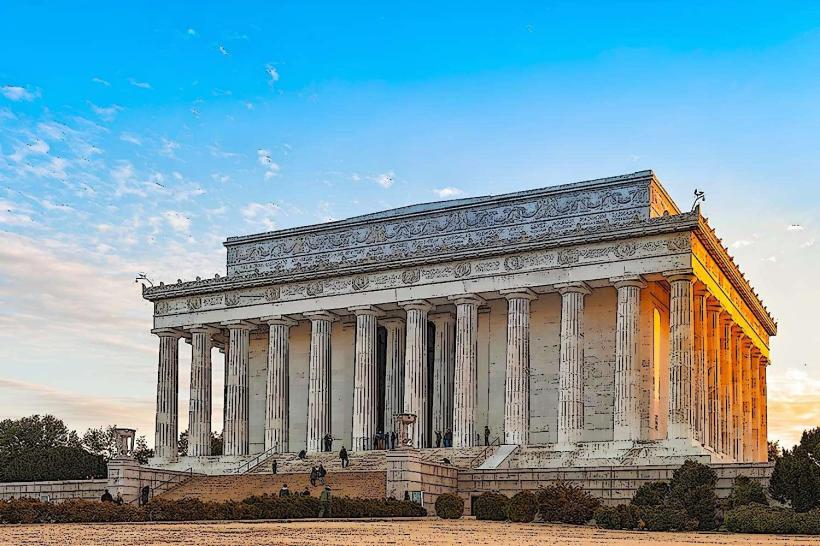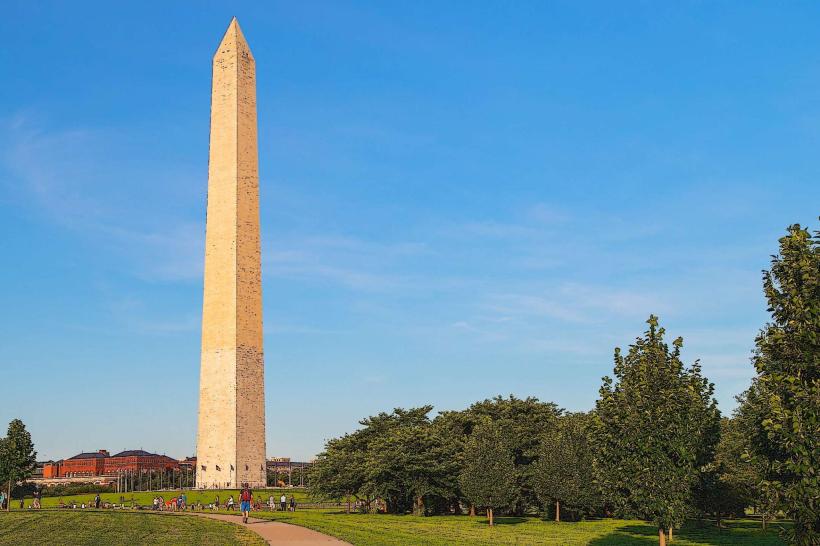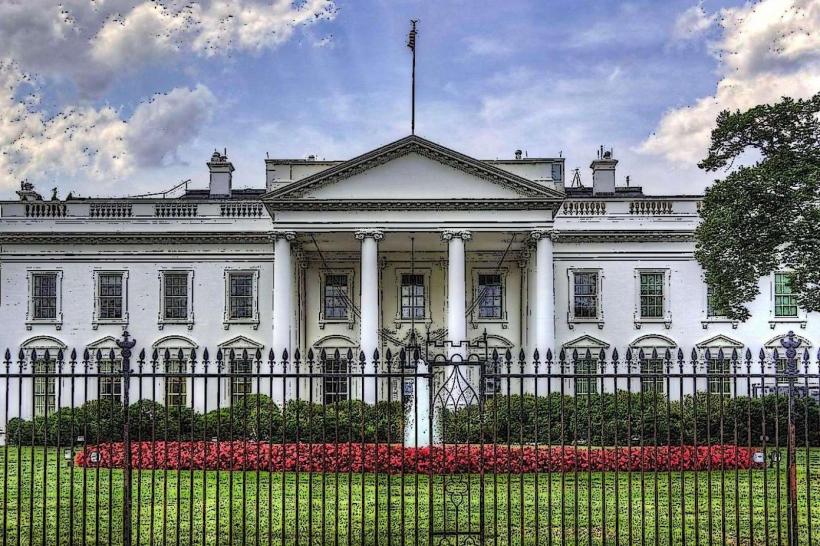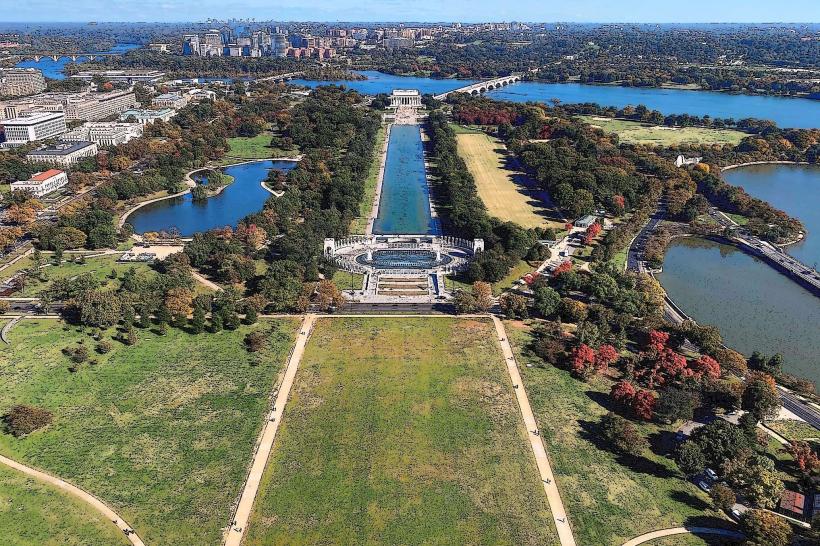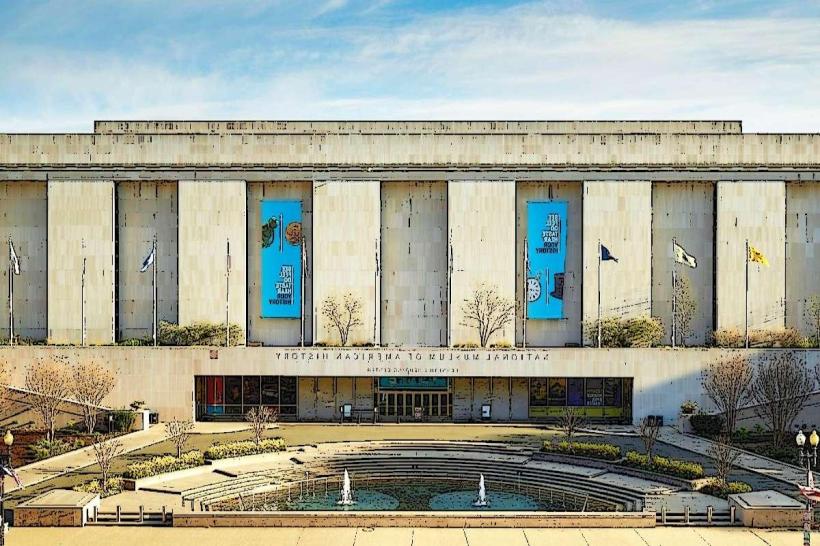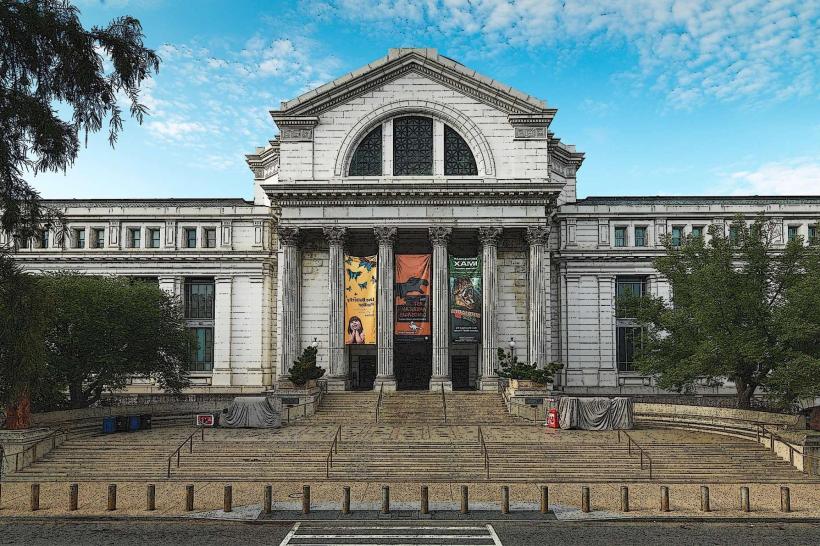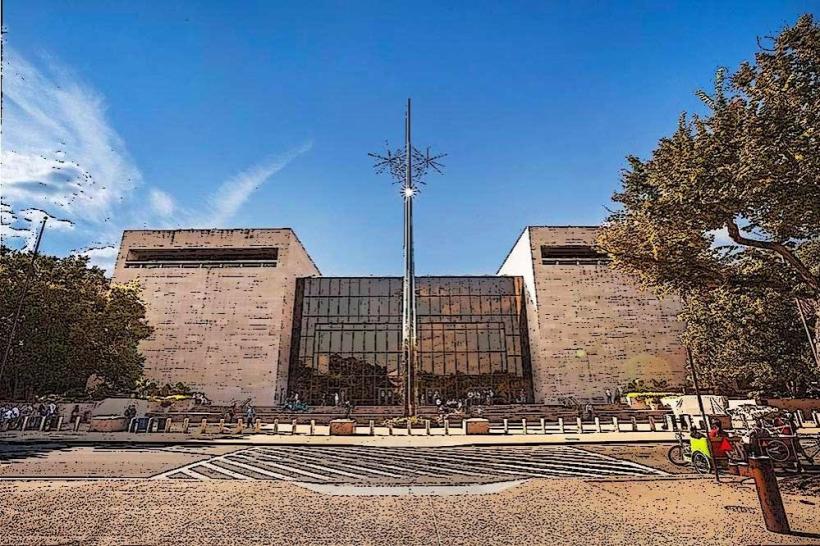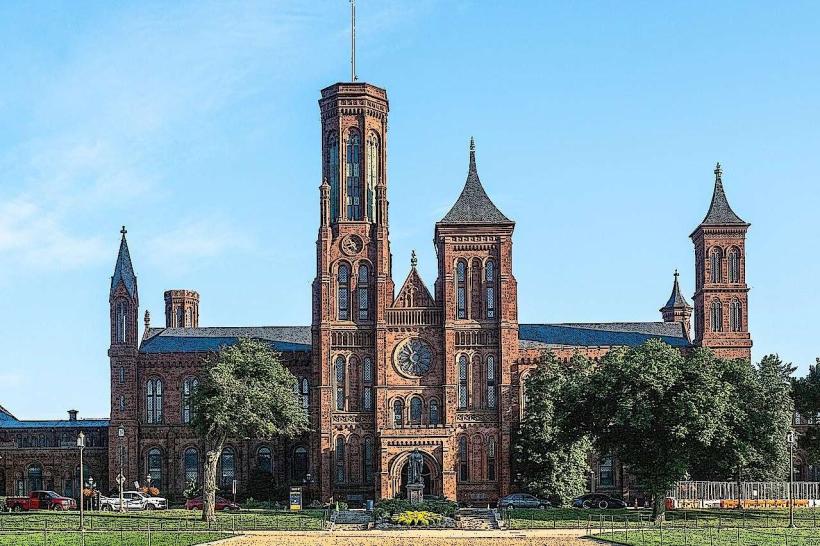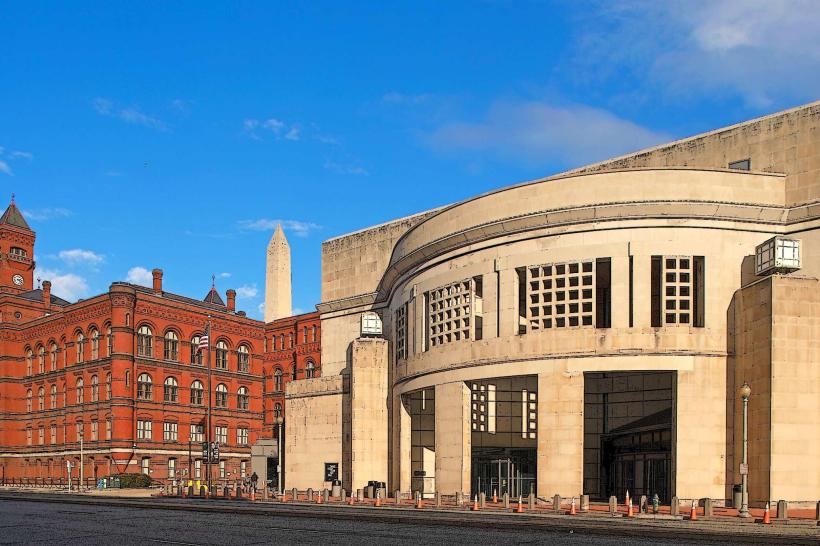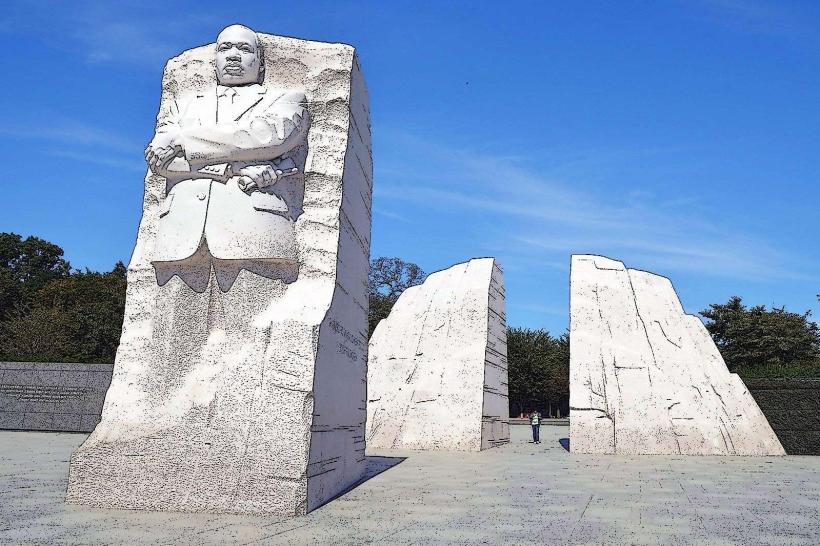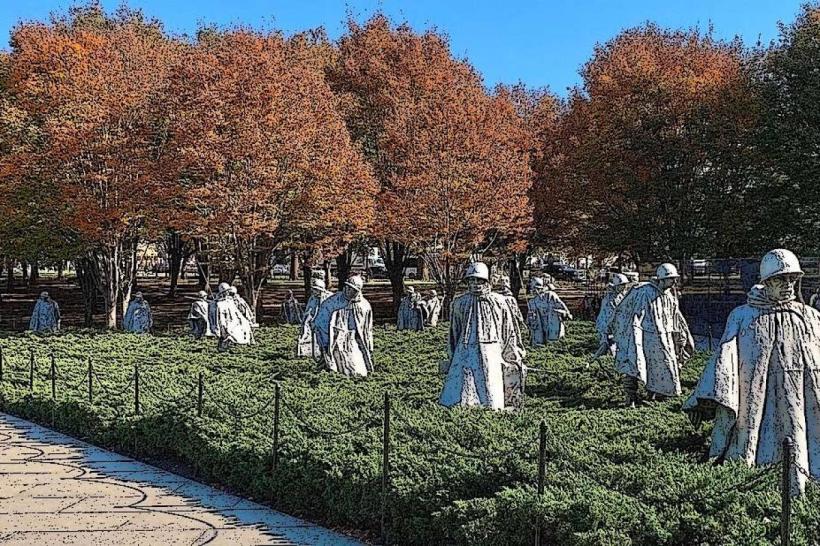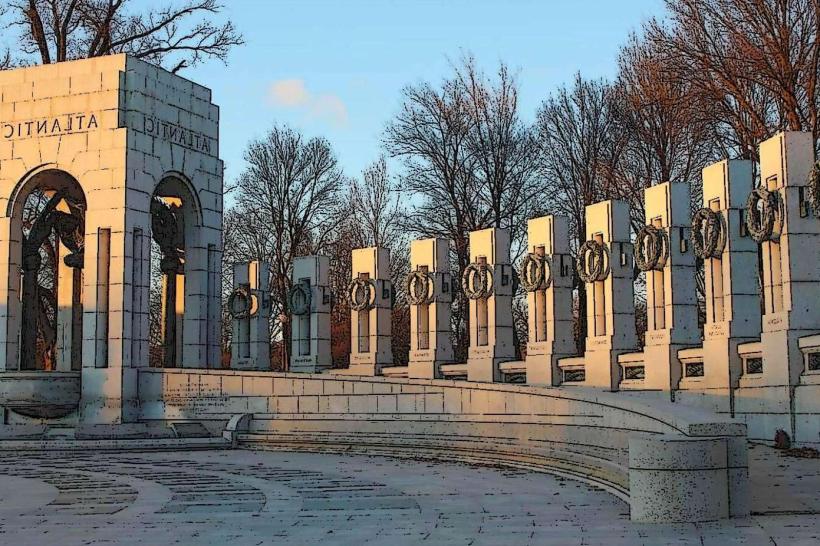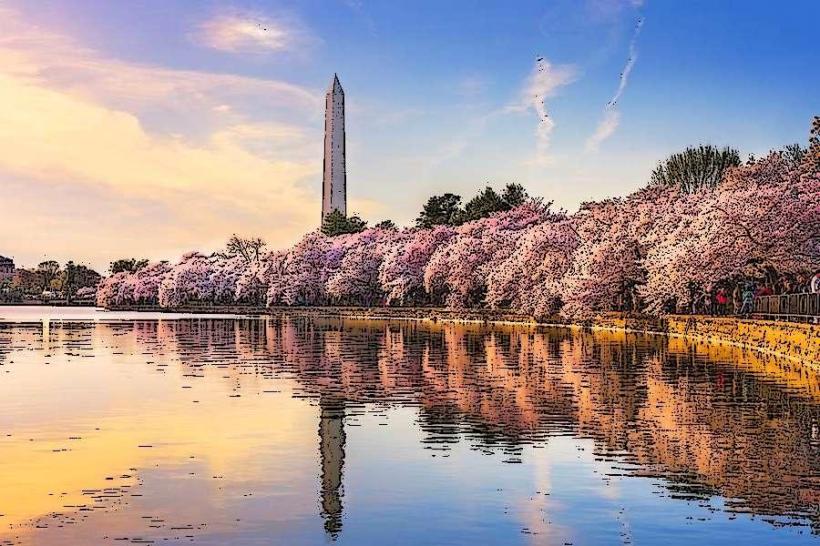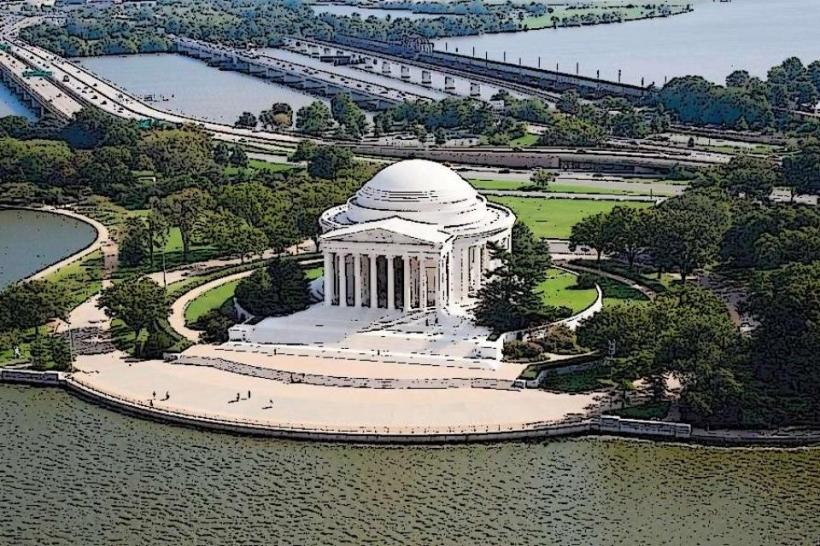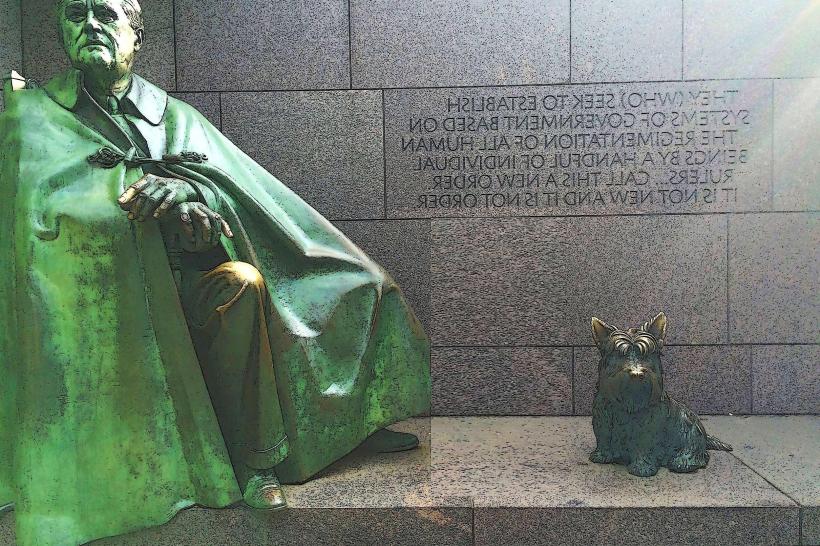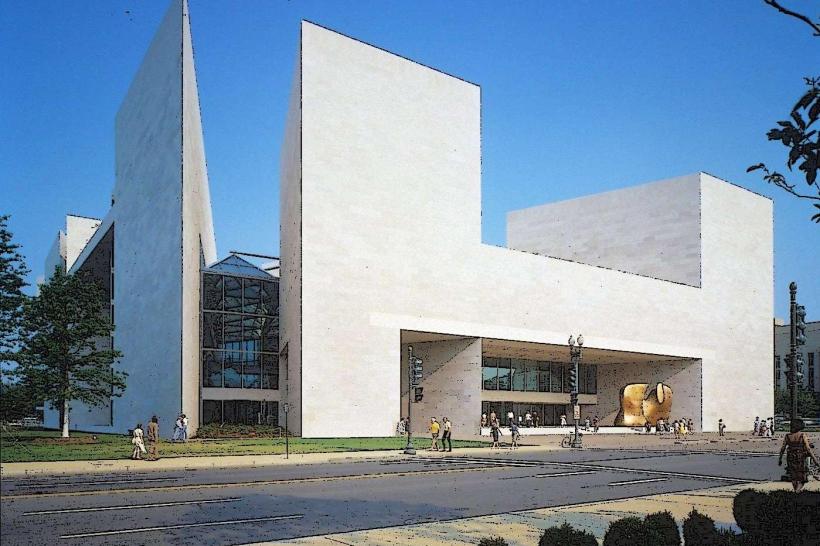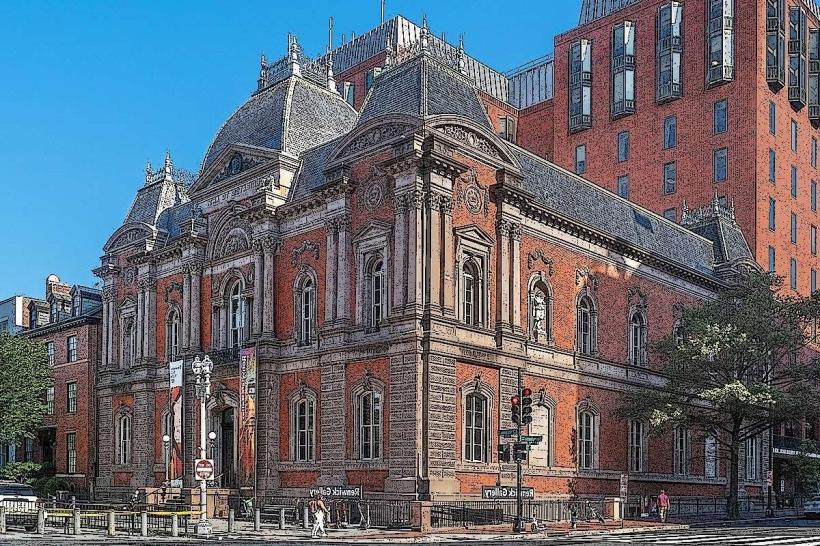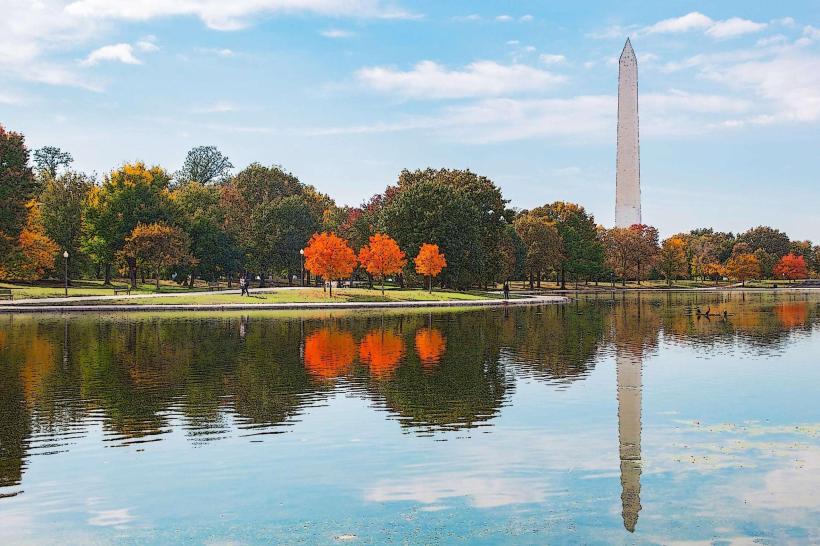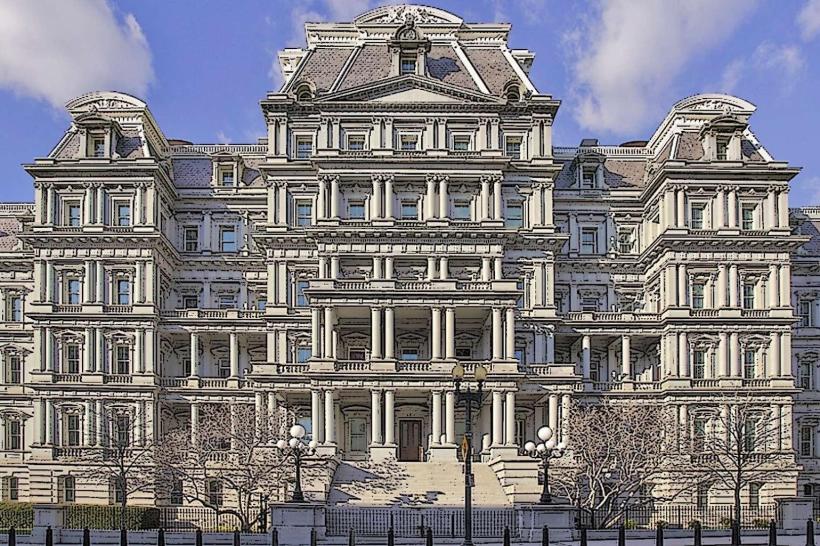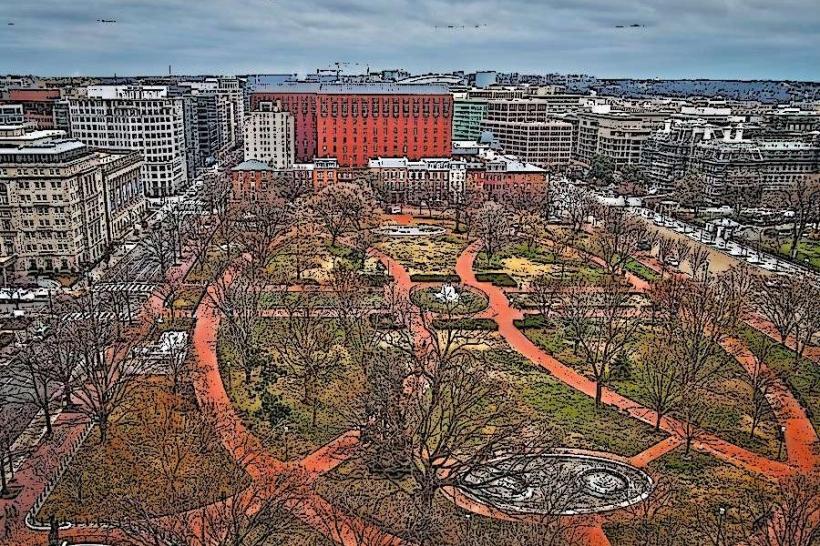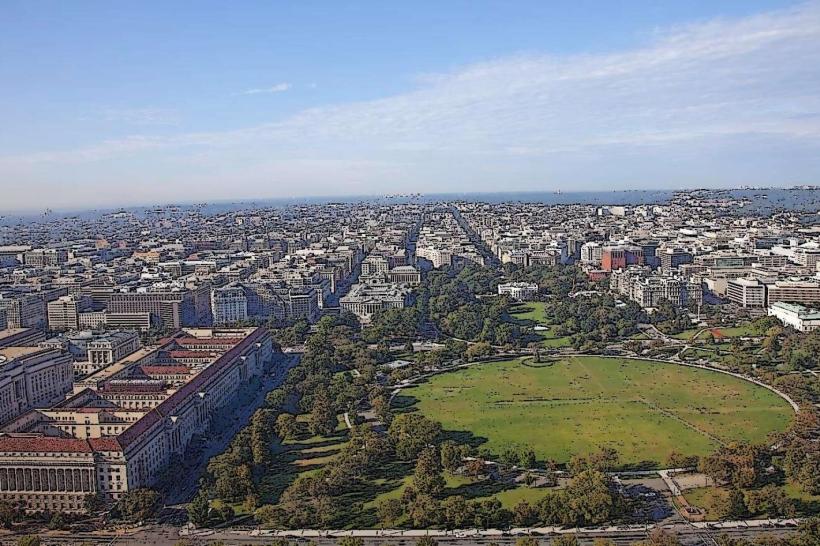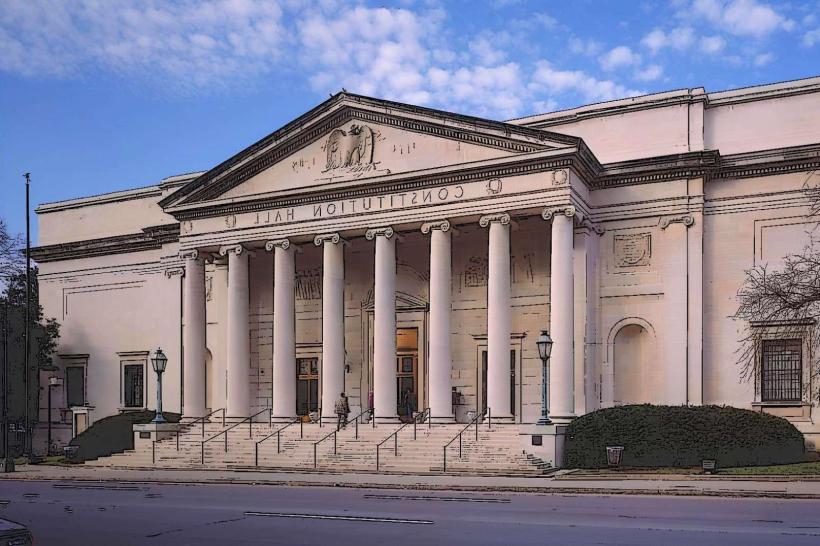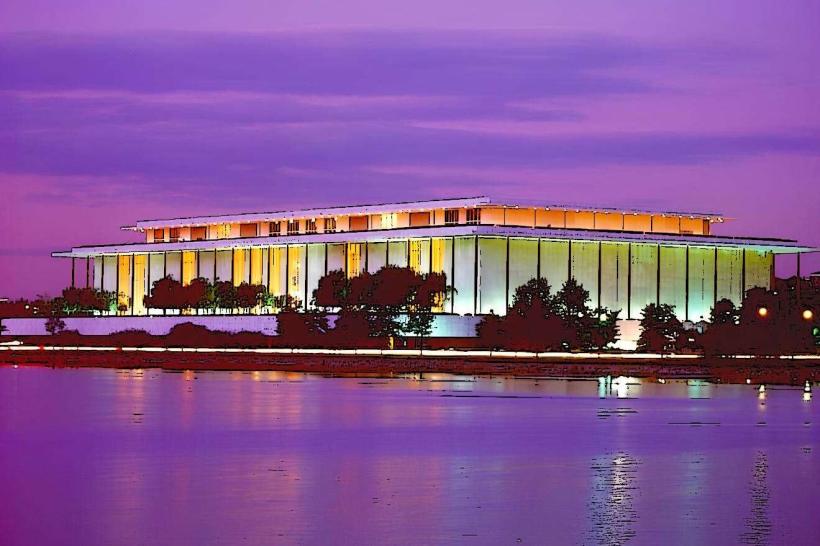Information
Landmark: Embassy RowCity: Northwest Washington
Country: USA Washington DC
Continent: North America
Embassy Row, Northwest Washington, USA Washington DC, North America
Embassy Row is a renowned stretch along Massachusetts Avenue NW in Washington, D.C., famously recognized for its concentration of foreign embassies, ambassadorial residences, and diplomatic missions. Spanning roughly from Dupont Circle through the Kalorama neighborhood and extending toward the National Cathedral area, Embassy Row embodies a unique blend of architectural grandeur, international diplomacy, and cultural history, making it one of the most iconic diplomatic corridors in the United States.
Historical Development
Embassy Row’s origins date back to the late 19th and early 20th centuries, when Massachusetts Avenue became an upscale residential avenue lined with elegant mansions built by wealthy Americans. As the U.S. capital grew in political and diplomatic importance, many of these stately homes were gradually acquired or repurposed by foreign governments seeking official residences and embassy buildings close to the centers of power.
By the mid-20th century, Embassy Row had fully evolved into the heart of Washington’s diplomatic community, with over 170 embassies, legations, and chanceries located along or near this corridor. Its development reflects both the city’s growth as a global capital and the importance of diplomatic presence in fostering international relations.
Architectural Characteristics
The buildings along Embassy Row showcase an eclectic mix of architectural styles, reflecting the tastes of their original owners as well as the cultural identities of their respective nations. Visitors can admire an impressive array of styles, including:
Beaux-Arts and Georgian Revival mansions: Many embassies occupy grand Gilded Age mansions with ornate detailing, symmetrical facades, and classical ornamentation.
Mediterranean and Spanish Revival influences: Characterized by stucco walls, red tile roofs, and wrought iron balconies, representing warmer climates and Latin American countries.
Modernist and contemporary designs: Several embassies have commissioned purpose-built modern structures that blend functionality with symbolic design elements unique to their cultures.
Neo-Classical and Gothic Revival elements: Particularly seen in residences and nearby landmarks such as the nearby Washington National Cathedral.
Each embassy often incorporates national motifs, flags, and decorative details that signal the country it represents, creating a vibrant mosaic of global culture within the architectural landscape.
Key Embassies and Notable Buildings
Embassy Row is home to numerous high-profile embassies, including:
The British Embassy: Located near Dupont Circle, housed in an elegant historic building known for its refined architecture and prominent diplomatic role.
The Embassy of France: Featuring French-inspired architectural elements, it serves as a center for Franco-American relations and cultural exchange.
The Embassy of Japan: Combining traditional Japanese aesthetics with modern architecture, it often hosts cultural events and exhibits.
The Embassy of Saudi Arabia: A prominent modern structure reflecting Middle Eastern architectural influences.
Anderson House: Serving as headquarters for the Society of the Cincinnati, this historic mansion also stands on Embassy Row and adds historical depth to the corridor.
Beyond embassies, the area includes the residences of ambassadors, diplomatic clubs, and international cultural centers, each contributing to the cosmopolitan atmosphere.
Cultural and Diplomatic Importance
Embassy Row functions as a physical and symbolic center for international diplomacy in Washington, D.C. It is the site where foreign diplomats live, work, and host official receptions, creating a hub of cross-cultural engagement and international policymaking. Many embassies open their doors annually during events such as the Passport DC festival, allowing the public to explore diplomatic residences, sample international cuisine, and participate in cultural performances.
This corridor also plays a role in diplomatic protocol, national celebrations, and protest activities, reflecting its importance in global and local affairs.
Surrounding Neighborhoods and Accessibility
Embassy Row winds through some of Washington’s most prestigious neighborhoods, including Dupont Circle, Kalorama, and near the Cathedral Heights area. These districts are characterized by tree-lined streets, well-preserved historic homes, upscale restaurants, and boutique shops, making the area attractive both to diplomats and visitors alike.
The corridor is accessible via several Metro stations, including Dupont Circle on the Red Line, and by numerous bus routes, making it easy to reach from downtown D.C. and other parts of the city. Walking tours of Embassy Row are popular for those interested in architecture, history, and international affairs.
Significance Today
Embassy Row remains a living testament to Washington, D.C.’s role as a global diplomatic capital. It encapsulates over a century of architectural evolution, international relations, and cultural exchange. For visitors, it offers a rare opportunity to experience the world’s diversity in one cityscape-through its buildings, flags, and the vibrant life of diplomacy.
As an enduring symbol of international cooperation and cultural dialogue, Embassy Row continues to shape Washington’s identity and contribute to the broader story of U.S. engagement with the world.

